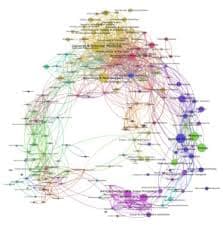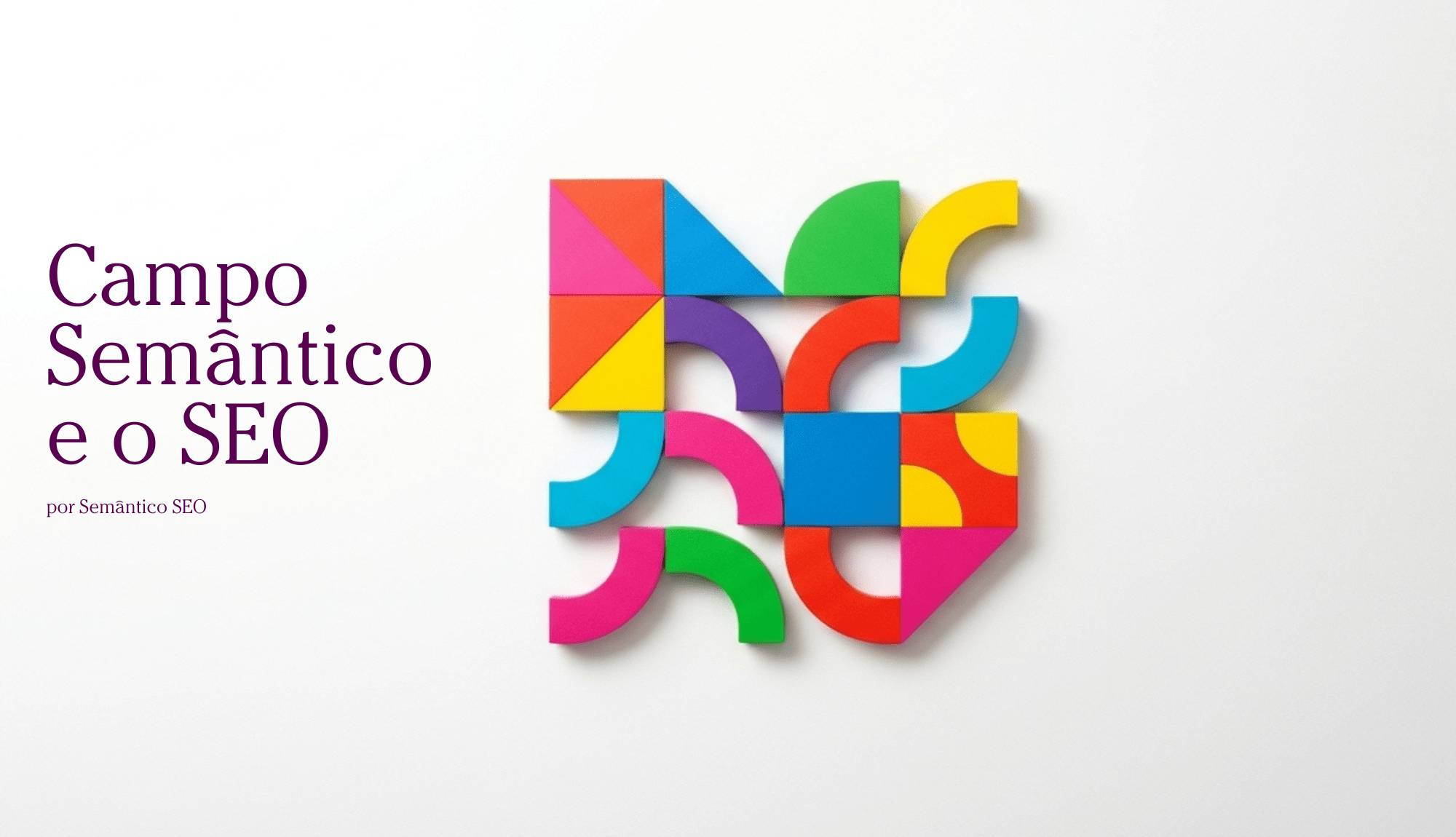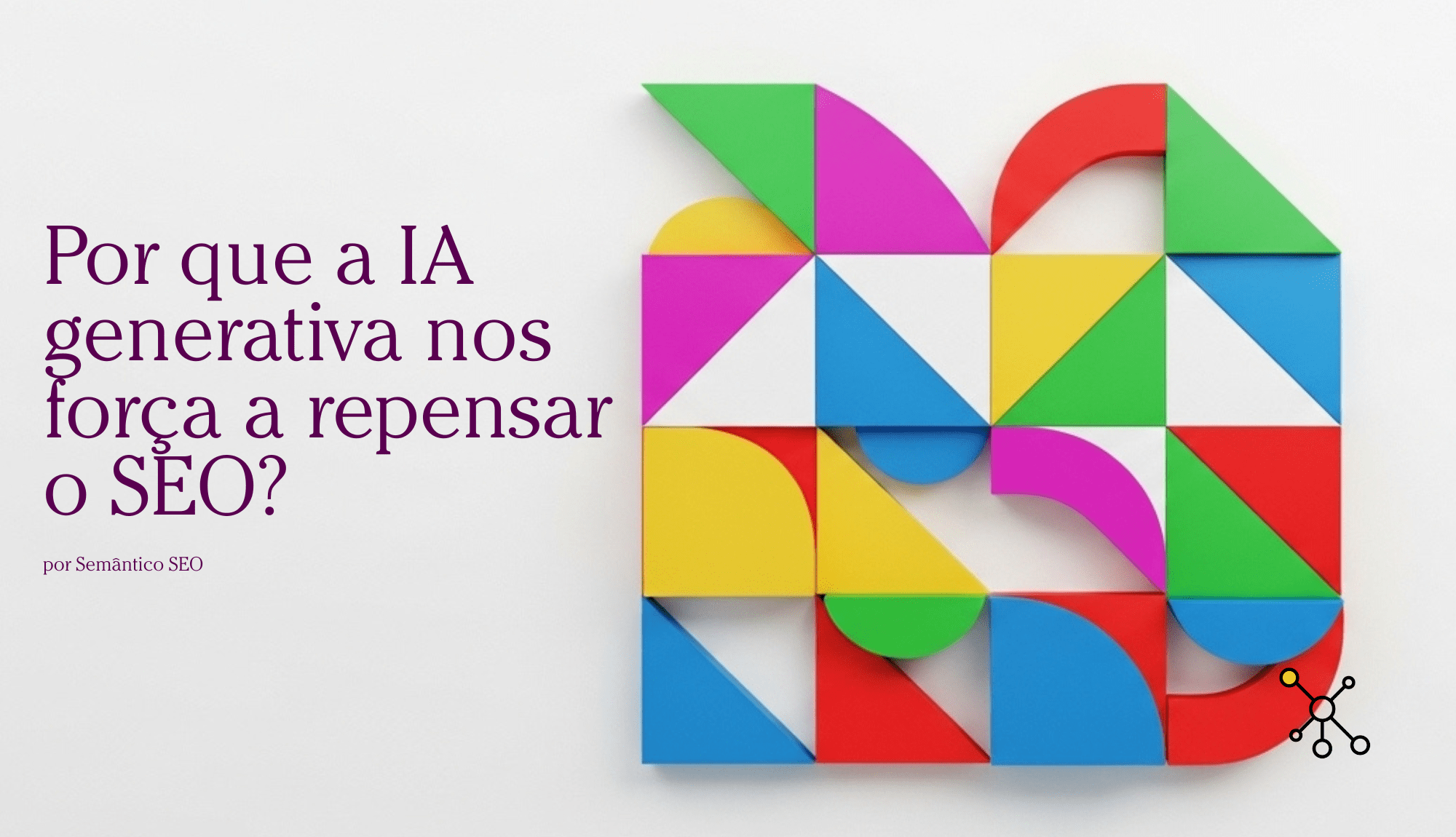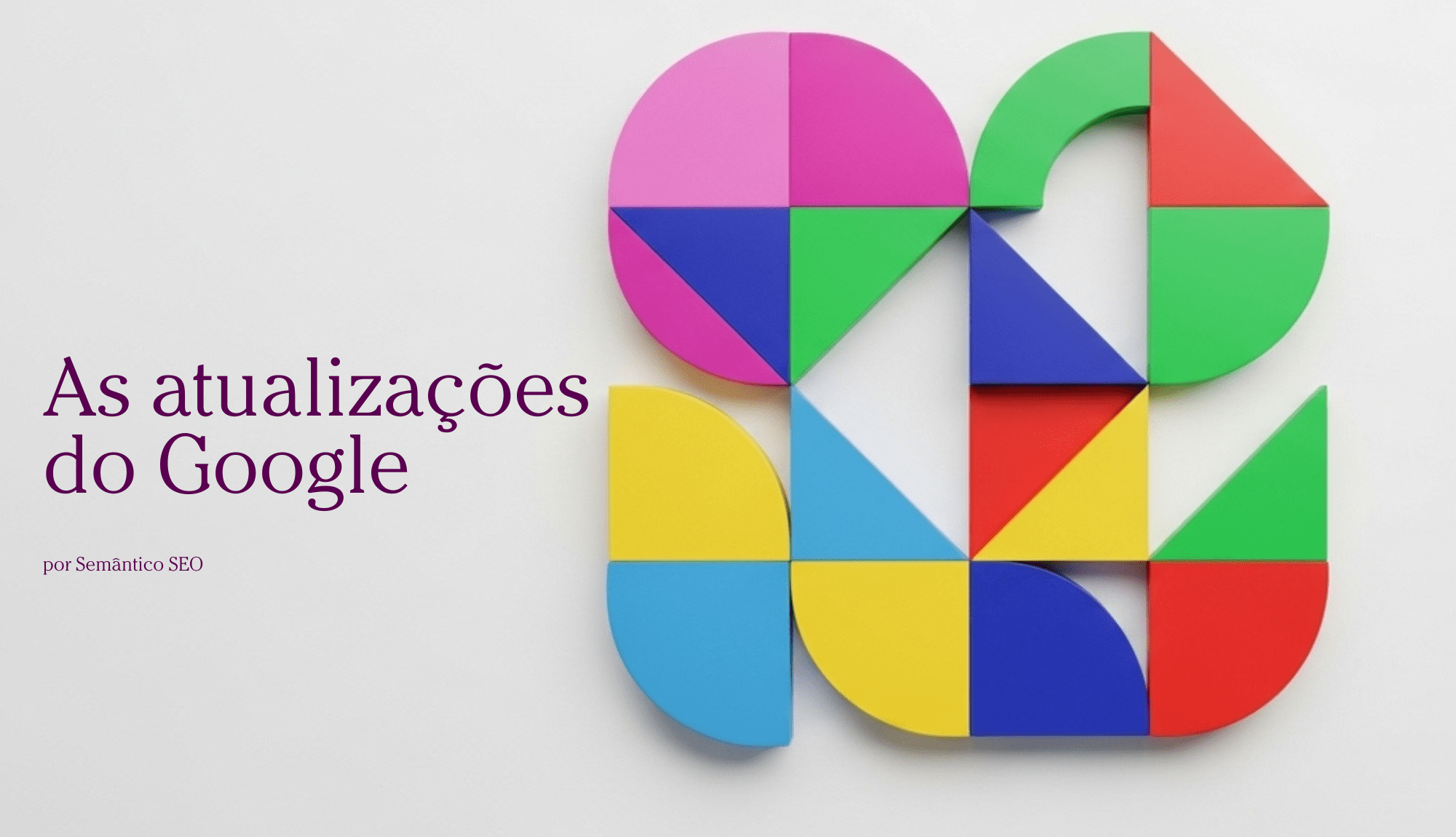Semantic Field and SEO
What is a semantic field?
The semantic field is a body of knowledge related to the study of language and is defined as the set of varied meanings that a single word can assume.
The semantic field deals with the meanings that a single word presents when inserted into contexts . This is an important relationship: between words and their context. It is the context that creates the set of diverse meanings that a single word can present, thus approaching Semantics .
The semantic field for digital projects
Every digital project, such as a website , deals with one problem: information .
Before defining the design and other graphic or visual elements, it is necessary to deal with issues related to information, and preceding information is the intention of the project: what it needs to say/sell/communicate.
And to perform this task efficiently and effectively, it is necessary to create content that is precise in terms of the meaning given to the information. And for that, it is necessary to define one thing: the semantic domain in which your project is situated.
Semantic Domain in SEO : Defining the semantic domain in a search engine optimization project is fundamental in the taxonomy creation stage of your website. Contemporary search engines use algorithms that seek to understand what your company offers to its audience. Defining a domain for your website includes it in the group of businesses that deal with that subject, which facilitates the understanding of your content and simplifies the categorization and naming of pages, categories, products, and services.
SEO Dictionary: domain
What is its importance for SEO in the semantic field?
Defining a semantic field for an SEO project is important for several reasons, such as:
- To get results in voice searches ;
- Semantic Search Engine Optimization;
- Structuring data for your website;
- and many other new implementations…
In our SEO work, since the late 1990s, we've focused on the meaning of what's being written. Even in the era of keywords , coherence was crucial for keeping visitors on our site.
Fun fact: The term SEO was first used in the book Net Results in 1997.

First, let's define what a semantic field
It can be defined as a set of words united by meaning .
The semantic field is, therefore, the entire area of meaning of a word or group of words.
For example, the semantic field of mother can include:
- mother of a family,
- priestess,
- single mother,
- Mother Earth,
- mother-of-water,…
semantic possibilities such as: glove shop, glove maker, to fit like a glove, to throw on a glove, with a white glove, to lay down the glove, soft as a glove.
A semantic field for your website.

More complex projects, with a larger volume of content or broader themes, require a higher level of definition and documentation. Conducting research and creating content such as taxonomies or ontologies becomes imperative.
And it is in this project that I define the semantic field and the domain that I will use for the project.
Understanding the linguistic between the terms considered is the first step in creating a project that maintains its quality over time. In larger projects, this part of the work can be shared between UX Writers or UX Designers and the content team.
The important thing is that it is based on research and data, that it is done with the correct technique, combining semantic and taxonomic studies with digital writing techniques.





Post comment